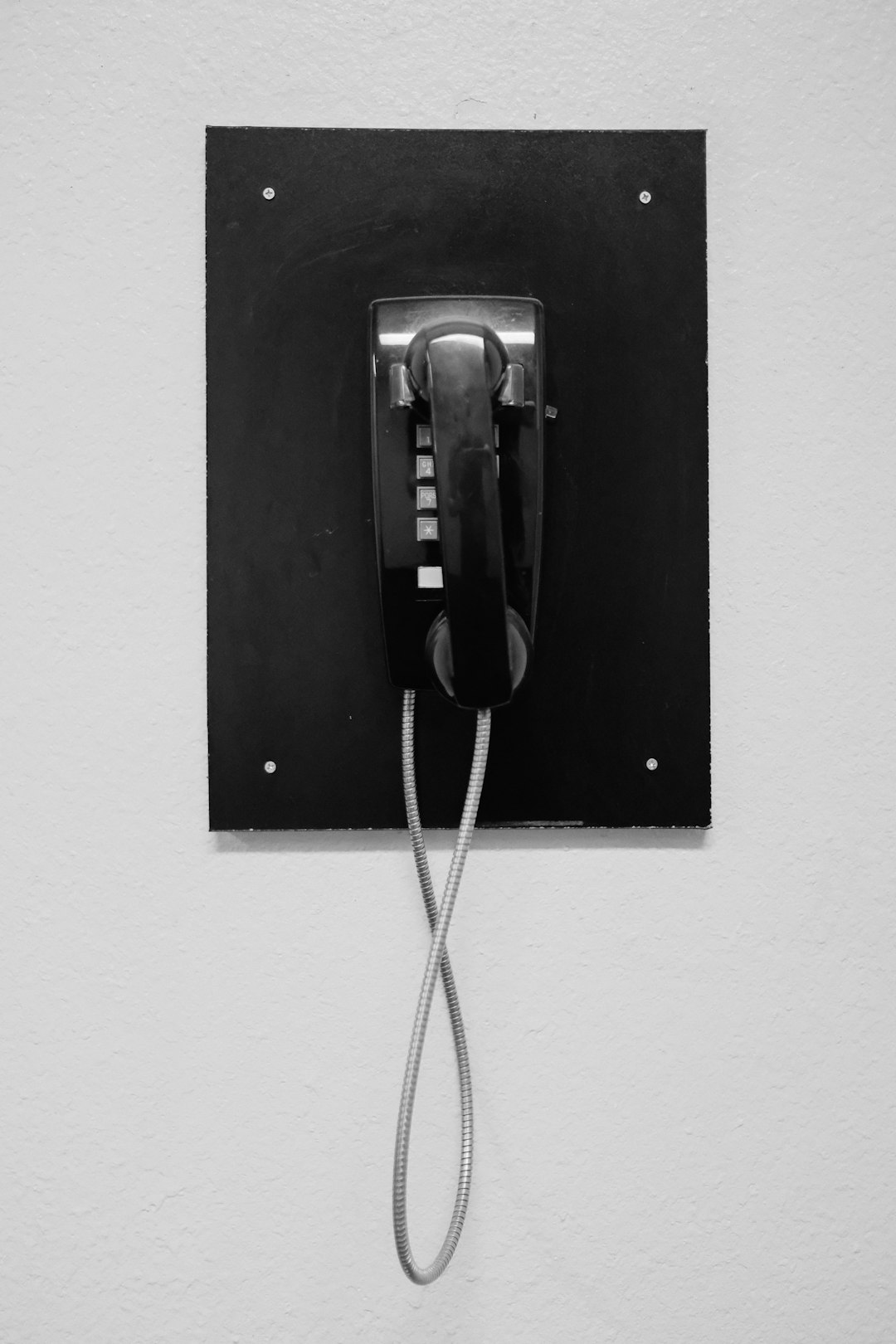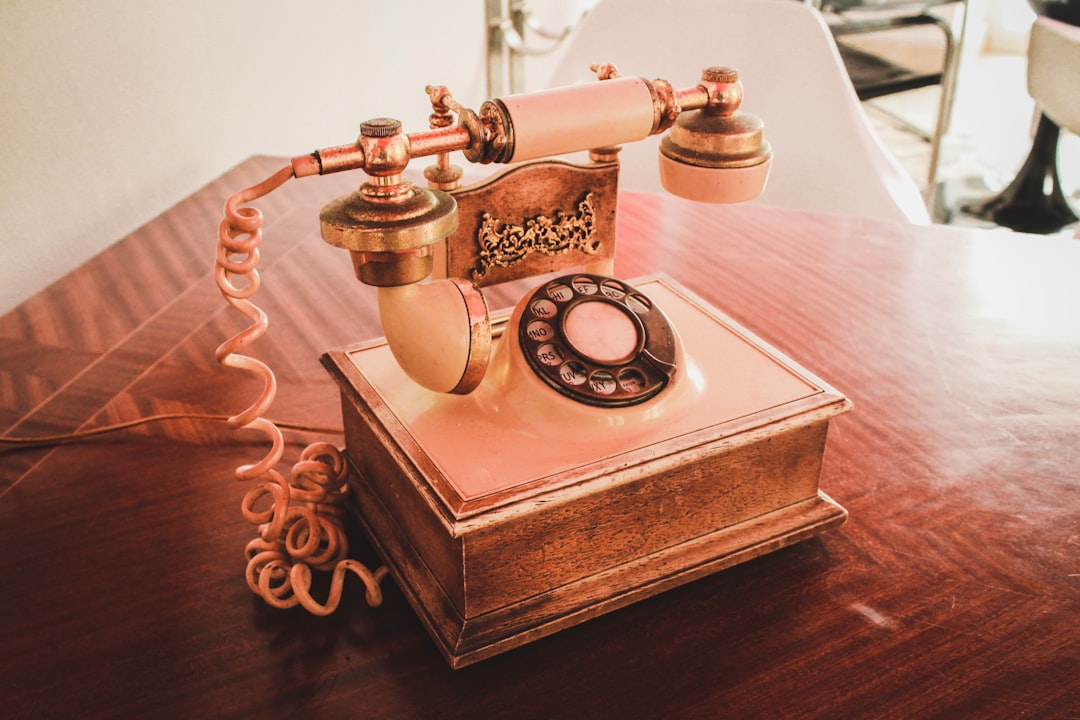Minnesotans face a surge of spam calls from telemarketers and scammers. The Telephone Consumer Protection Act (TCPA) offers robust legal protections. A lawyer for TCPA Minnesota can guide individuals on navigating this legislation and seeking recourse against unwanted calls. Simple measures like registering with Do-Not-Call lists, blocking unknown calls, and encouraging customer opt-ins significantly reduce spam calls.
In Minnesota, spam calls remain a persistent nuisance, with countless residents facing unwanted phone communications daily. This article delves into the world of these disruptive calls, offering insights on understanding and combating them effectively. We explore the legal framework surrounding spam under the TCPA (Telephone Consumer Protection Act) in Minnesota, common sources of such calls, and the rights available to victims. Additionally, discover practical strategies to stop and prevent these relentless intrusions, empowering Minnesotans to reclaim their communication channels with a lawyer’s expert guidance on TCPA laws.
Understanding Spam Calls and TCPA Law in Minnesota

Spam calls, or unwanted telephone marketing calls, have become a widespread nuisance in Minnesota and across the nation. These calls often promote various products or services and can be particularly aggressive in their delivery. The Telephone Consumer Protection Act (TCPA) is a federal law designed to curb such practices by establishing rules regarding consent for automated phone calls and text messages. In Minnesota, the attorney general’s office enforces the TCPA, ensuring compliance with its regulations.
A lawyer specializing in TCPA law in Minnesota can provide valuable assistance when navigating these complex laws. They help individuals and businesses understand their rights and obligations under the TCPA, especially regarding robocalls and automated messaging. With the constant evolution of phone marketing tactics, staying informed about legal protections is essential for Minnesotans to shield themselves from unwanted and illegal spam calls.
Common Sources of Spam Calls Targeting Minnesotans

Minnesotans often find themselves on the receiving end of unwanted spam calls, a nuisance that has become increasingly prevalent in today’s digital age. These intrusive phone calls, typically originating from automated systems, are designed to promote products or services and can be particularly relentless. Common sources include marketing agencies employing Telephone Consumer Protection Act (TCPA) laws, which permit mass telemarketing without prior consent.
Scam artists and fraudsters also target Minnesota residents, often posing as legitimate businesses. They use sophisticated techniques to gather phone numbers, ensuring a steady stream of spam calls. A lawyer for TCPA in Minnesota can help navigate these complex issues and protect individuals from such invasive practices.
Legal Rights and Recourse for Victims of Unwanted Calls

In Minnesota, the Telephone Consumer Protection Act (TCPA) provides strong legal protections against spam calls. If you’ve been a victim of these unwanted and harassing calls, you have rights. A lawyer specializing in TCPA cases can help you understand your options for recourse. They can guide you through the process of filing a complaint with the Federal Communications Commission (FCC) or pursuing legal action against the call centers responsible.
Victims may be entitled to compensation for each unauthorized call received, including monetary damages and injunctive relief. A Minnesota lawyer for TCPA cases can assist in navigating these legal avenues, ensuring that you receive the justice and compensation you deserve for the nuisance and distress caused by spam calls.
Effective Strategies to Stop and Prevent Spam Calls

Spam calls are a widespread issue, but Minnesotans have access to effective strategies to combat them. One powerful tool is understanding and utilizing the Telephone Consumer Protection Act (TCPA). A lawyer for TCPA Minnesota can guide individuals and businesses on how to navigate this legislation. By registering phone numbers with Do-Not-Call lists, consumers can significantly reduce spam calls. Additionally, blocking unknown numbers and using call-blocking apps are simple yet effective measures.
Businesses should implement robust caller ID verification systems and adopt best practices for marketing campaigns to ensure they comply with TCPA regulations. Encouraging customers to opt-in for promotional calls and text messages is another proactive step. These combined efforts can create a more spam-free environment, ensuring peace of mind for Minnesota residents.






